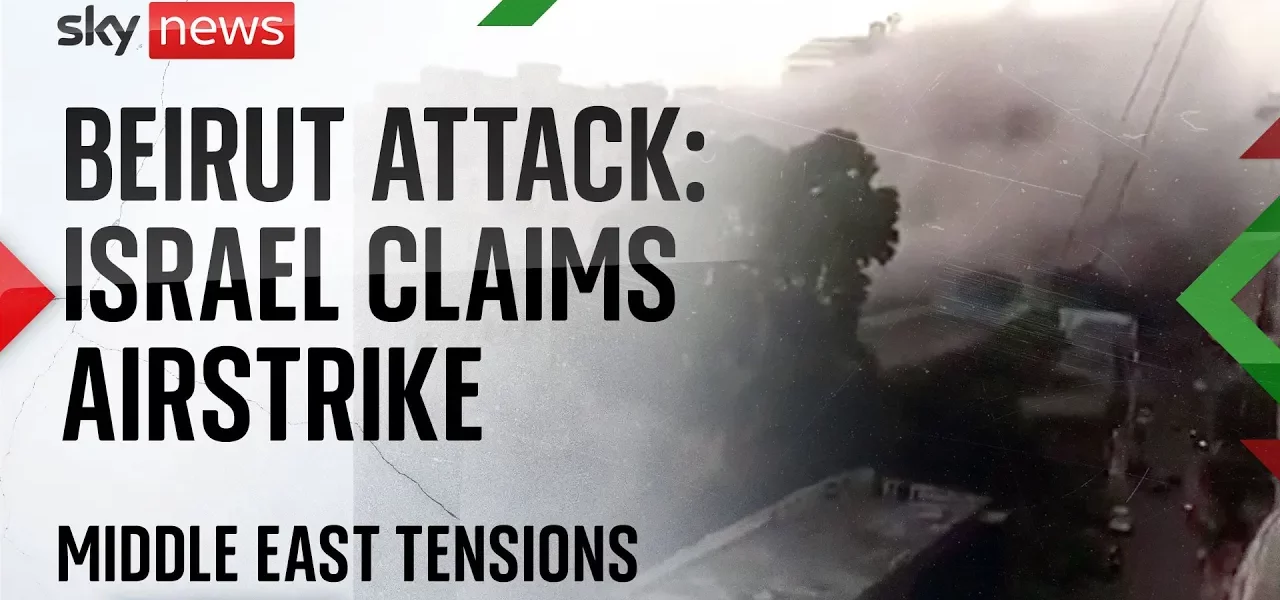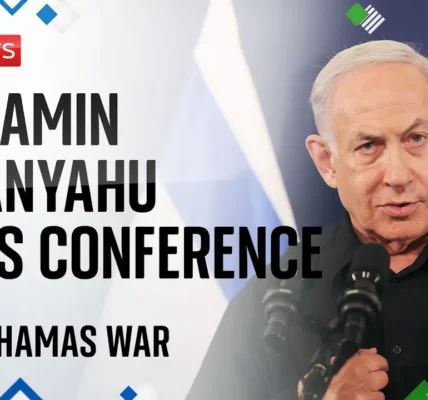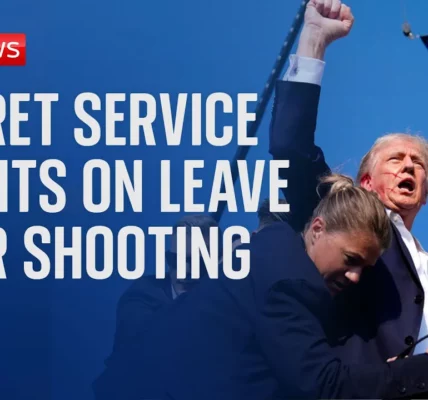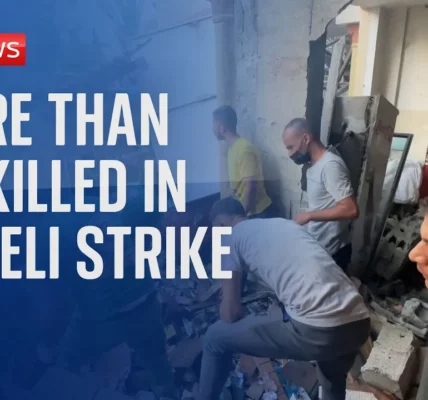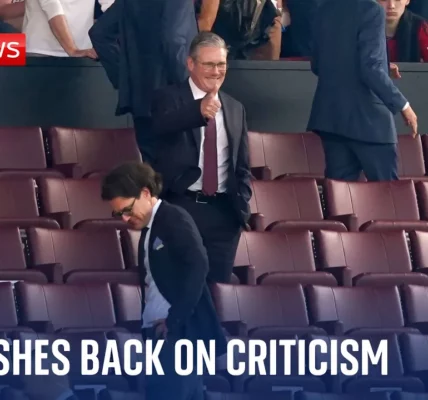Israel’s Retaliatory Strike Against Hezbollah: An In-Depth Analysis

This article delves into the recent escalation between Israel and Hezbollah, examining the retaliatory strikes, the implications for regional stability, and the humanitarian impact on civilians in Beirut.
Introduction
The ongoing conflict between Israel and Hezbollah has reached a critical point with recent military actions that have raised concerns about further escalation. Following a deadly bombing attributed to Hezbollah in the Israeli-occupied Golan Heights, Israel confirmed it launched a retaliatory air strike targeting a senior Hezbollah commander in Beirut. This article explores the events leading up to this confrontation, the actors involved, and the potential consequences for both the region and global diplomatic efforts.
Background of the Conflict
The roots of the Israel-Hezbollah conflict date back to the late 20th century, shaped by a complex web of political, territorial, and ideological disputes. Hezbollah, a militant group supported by Iran, has long been a key player in the region, leveraging its military capabilities to challenge Israeli actions.
Hezbollah’s Role and Iranian Support
Hezbollah’s relationship with Iran is pivotal to its operational strength. Iran provides funding, training, and intelligence, bolstering Hezbollah’s military capacity. This support enables Hezbollah to engage in asymmetric warfare against Israel.
Recent Incidents Leading to Escalation
- Israel accused Hezbollah of orchestrating a bombing in Maal Shams Village, resulting in the tragic deaths of 12 children.
- In retaliation, Israel confirmed an air strike targeting a senior Hezbollah commander in a densely populated area of Beirut.
The Retaliatory Strike on Beirut
The air strike carried out by Israel was significant not only for its military implications but also for the humanitarian consequences in a populated urban area.
Casualties and Damage Assessment
Initial reports indicated that the air strike resulted in extensive civilian casualties, with over 70 reported injuries, including several children. The Lebanese Ministry of Health reported these figures, highlighting the dire humanitarian situation.
Hezbollah’s Response
Hezbollah confirmed the presence of the targeted commander in the building that was struck. However, they have not confirmed his death, which raises questions about their next steps in light of the attack.
International Reactions and Diplomatic Efforts
The international community has expressed concern over the escalating violence and the potential for a wider conflict. Key players, including the United Nations and the United States, are engaged in urgent diplomatic efforts to manage the situation.
Involvement of Global Powers
Both Israel and Hezbollah have been under scrutiny from global powers. The United States, in particular, has a vested interest in maintaining stability in the region.
Calls for Restraint
Prior to the recent attacks, intermediaries reportedly assured Lebanese authorities that any Israeli response would remain within ‘accepted lines.’ However, the current situation suggests a breakdown of these negotiations.
Potential Outcomes and Future Implications
The current escalation poses significant risks for the region. The potential for retaliatory attacks from Hezbollah could lead to a broader conflict, impacting not only Lebanon and Israel but also involving Iran and other regional players.
Impact on Civilian Populations
The humanitarian implications are grave. Civilian casualties in urban conflicts often lead to widespread suffering and displacement.
Long-Term Stability in the Region
Long-term stability in the Middle East is contingent on effective diplomatic solutions that address underlying grievances and the power dynamics between Israel, Hezbollah, and Iran.
Conclusion
In conclusion, the recent retaliatory strike by Israel against Hezbollah marks a significant escalation in ongoing hostilities. The humanitarian costs, coupled with the geopolitical ramifications, underscore the pressing need for renewed diplomatic engagement. As the situation evolves, it will be crucial for international actors to actively work towards de-escalation and the protection of civilians caught in the crossfire. We encourage readers to stay informed and support humanitarian efforts in the region.
“`
